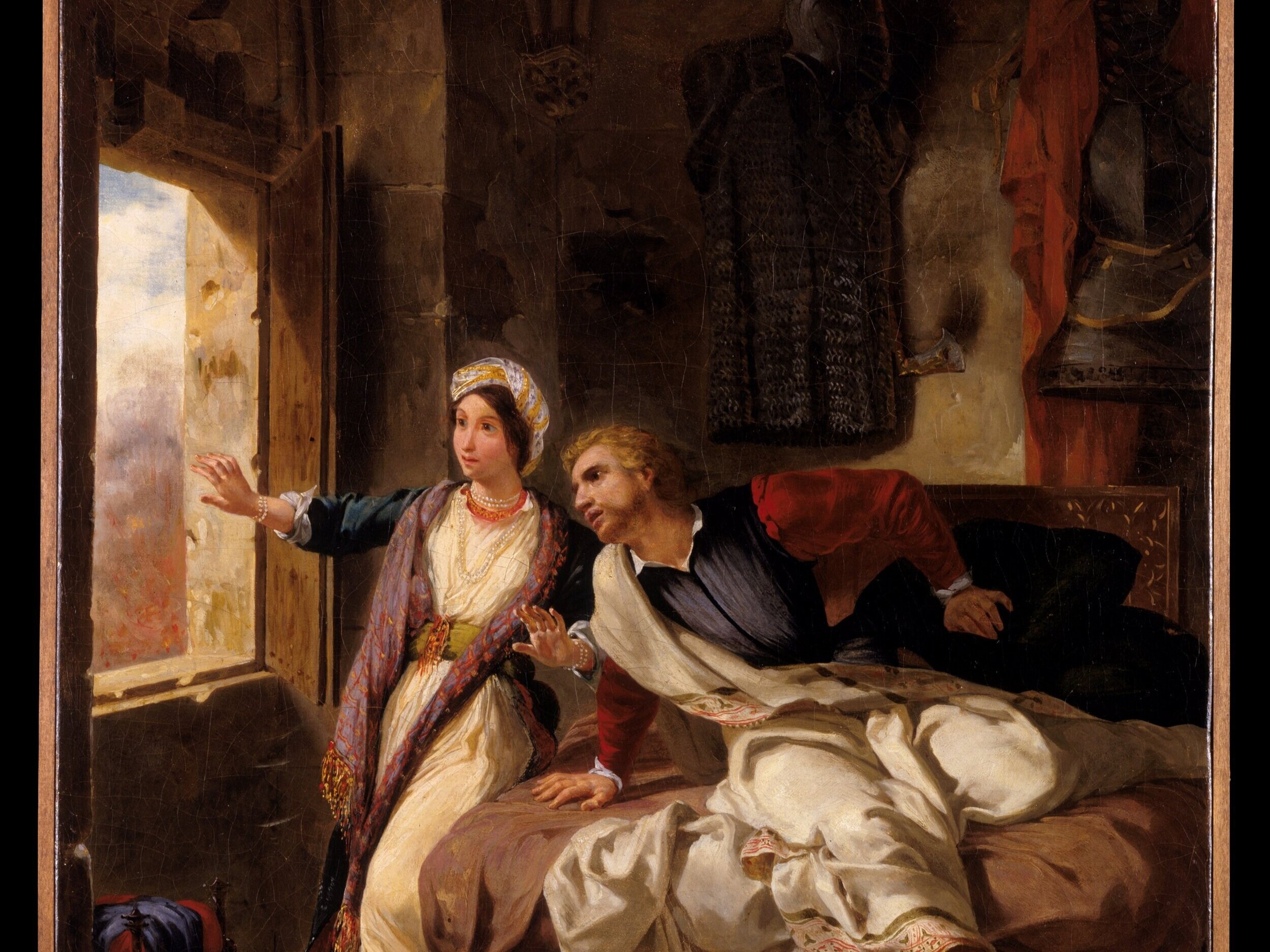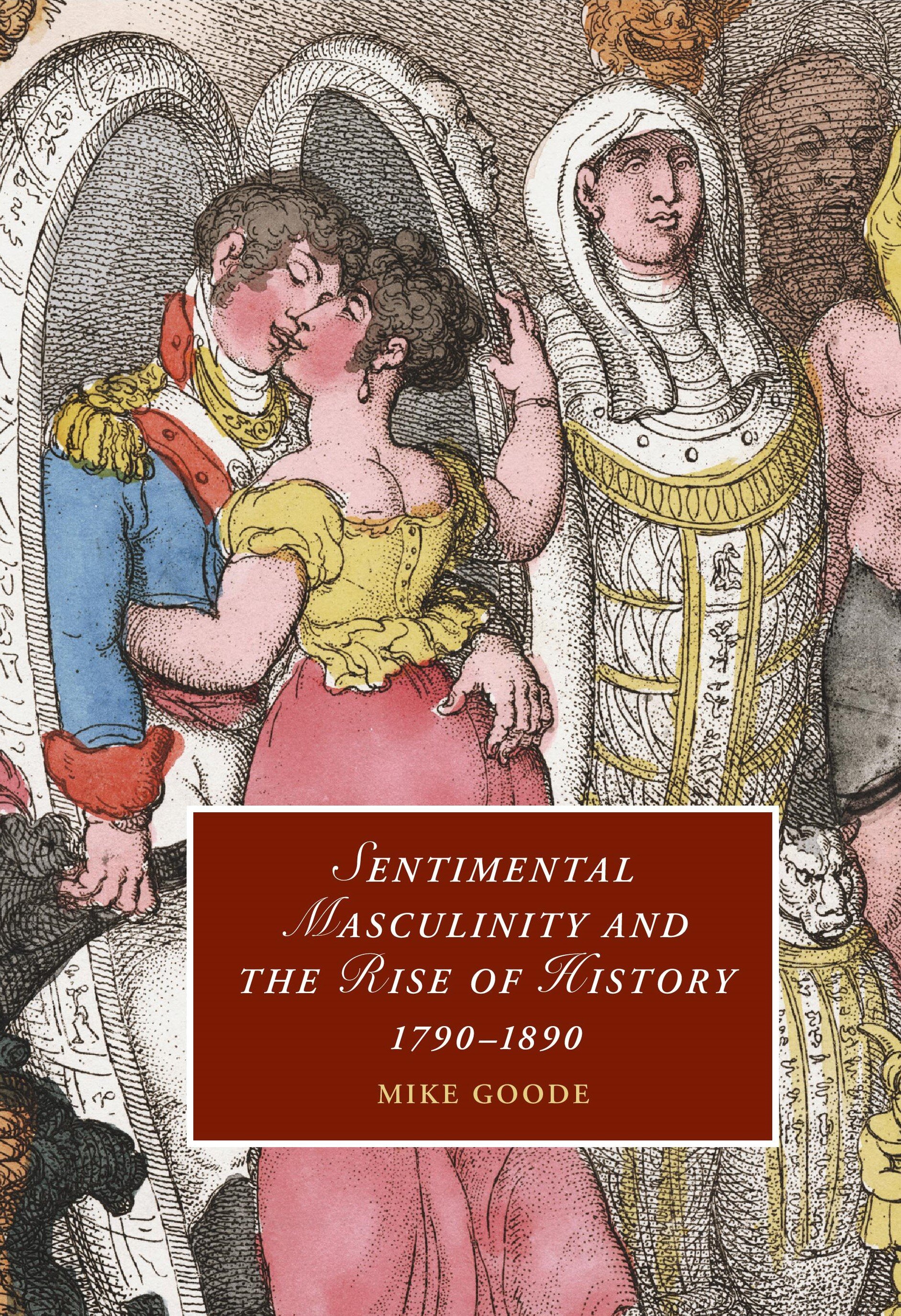
The Feeling of History
A “sense of history” can be an understanding of the past. It can also describe an experience of living in history or a feeling of being proximate to some past. My book chapter “The Walter Scott Experience” looks at how first-person interpreters and reenactors expose the gaps between “understanding,” “experiencing,” and “being near” the past, and at how living history museums and reenactments are capable of helping us mind these gaps through their use of framing narratives. The chapter developed out of my first book, Sentimental Masculinity and the Rise of History, 1790-1890 (Cambridge, 2009), which delivers an alternative account of historical thought based on the following question: how would the history of history look different if we conceived of a “sense of history” as a feeling and not just an idea? Sentimental Masculinity seeks not to revive a feelings-based approach to understanding the past but, instead, to review the problematic political agenda behind its nineteenth-century rejection.

Why did historians’ desires, pleasures, and feelings first come to feel out of place? “The Man of Feeling History” and “Dryasdust Antiquarianism and Soppy Masculinity,” early article versions of Sentimental Masculinity’s chapters on Edmund Burke and Walter Scott, uncover the centrality of male sentiment to culturally “authoritative” history-writing in nineteenth-century Britain. My article “Knowing Seizures” looks at how Julian Barnes’s novel Flaubert’s Parrot (1984) forces readers to confront the unsettling possibility that what drives their relationship to the past -- and to historical inquiry itself -- may be ethically problematic forms of pleasure. If explaining the past necessarily does violence to it, what does it mean if we like the process of explaining it or desire its resistance to our explanations?

“Knowing Seizures: Julian Barnes, Jean-Paul Sartre, and the Erotics of the Postmodern Condition,” Textual Practice 19 (2005): 149-71.

Sentimental Masculinity and the Rise of History, 1790-1890 (Cambridge: Cambridge UP, 2009).

“The Walter Scott Experience: Living American History after Waverley,” in Constellations of a Contemporary Romanticism, ed. by Jacques Khalip and Forest Pyle (Fordham UP, 2016).

“The Man of Feeling History: The Erotics of Historicism in Reflections on the Revolution in France,” ELH 74:4 (2007): 829-57.

“Dryasdust Antiquarianism and Soppy Masculinity: The Waverley Novels and the Gender of History,” Representations 82 (2003): 52-86.